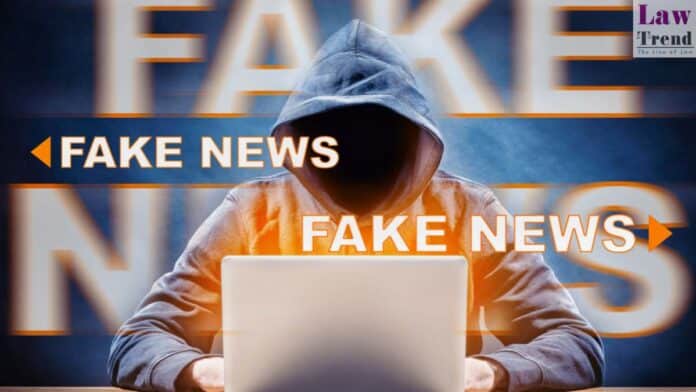The Bombay High Court on Thursday said the recently-amended Information Technology Rules that empower the Centre to act against fake, false and misleading information on social media was “sort of a diktat” as it does not give an opportunity to justify or defend the content.
A division bench of Justices Gautam Patel and Neela Gokhale sought to know what constitutes a government business under the amended rules as it referred to the recent political developments in Maharashtra where “one party is moving to the other”.
The bench also questioned as to why under the amended rules, the government has taken the ‘loco parentis’ (regulation or supervision by an administrative authority) only for content pertaining to government business and not for every information or content posted on social media.

The court was hearing a bunch of petitions challenging the amended IT rules. Stand-up comedian Kunal Kamra, the Editors Guild of India and the Association of Indian Magazines filed petitions in the high court against the rules and termed them as arbitrary, unconstitutional and that it would have a chilling effect on the fundamental rights of citizens.
The bench while hearing arguments being made by advocate Shadan Farasat for the Editors Guild of India, asked what constitutes as government business under the rules.
“Take for example the present political climate in Maharashtra one party moving to the other is that government business?” Justice Patel asked.
“What is true what is false these are matters of perception. With regard to misleading and fake content, the Union government is saying we need to do this (take action against fake content) only for content on government business. Why not do it for every misleading and fake content then,” the court questioned.
It added that the internet was a fertile ground for misuse and said everyday messages are received warning people not to use certain apps or not to open any unknown links.
“I find it remarkable that the effect of the rules kicks in without any show-cause notice or opportunity to justify or defend the content. This itself removes the safe harbour provided. It is sort of a diktat,” the court said.
On a lighter vein, Justice Patel said, “The government has a mobile app Kavach which is supposed to provide citizens security cover. This (amended IT rules) is removing your Kavach (protective cover) that is what is happening.”
The court further questioned if the amended Rules are limited to digital media and social media intermediaries and does not extend to the print media.
Also Read
“Does such a Fact Checking Unit, as prescribed to be set up under the amended Rules, exist for the print media? If it has not been done for the print media until now, how can it be done for the digital media? What is the government intending to do?” Justice Patel said.
The bench said if a newspaper has its own digital website and the contents used in print are the same as those being uploaded on its website then would the amended rules apply to the content printed in the print medium too.
Farasat told the court that there was a dichotomy on this issue.
The court would continue hearing the matter on July 14.
On April 6 this year, the Union government promulgated certain amendments to the Information Technology (Intermediary Guidelines and Digital Media Ethics Code) Rules, 2021, including a provision for a fact-checking unit to flag fake, false or misleading online content related to the government.
The three petitions sought the court to declare the amended rules unconstitutional and direct the government to restrain from acting against any individual under the rules.







